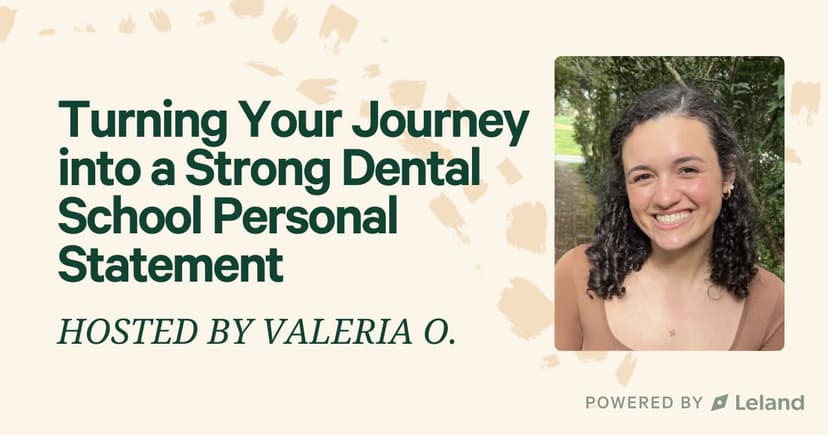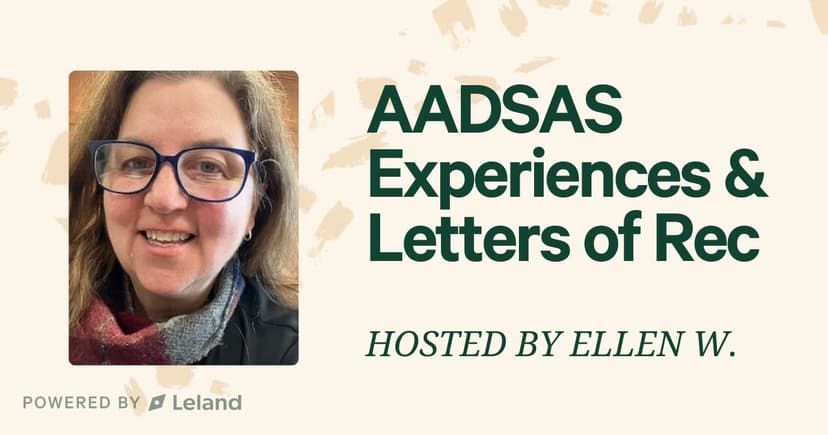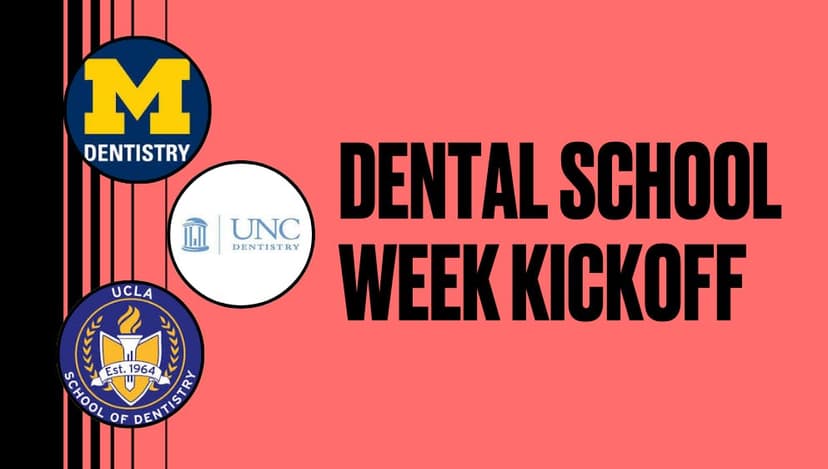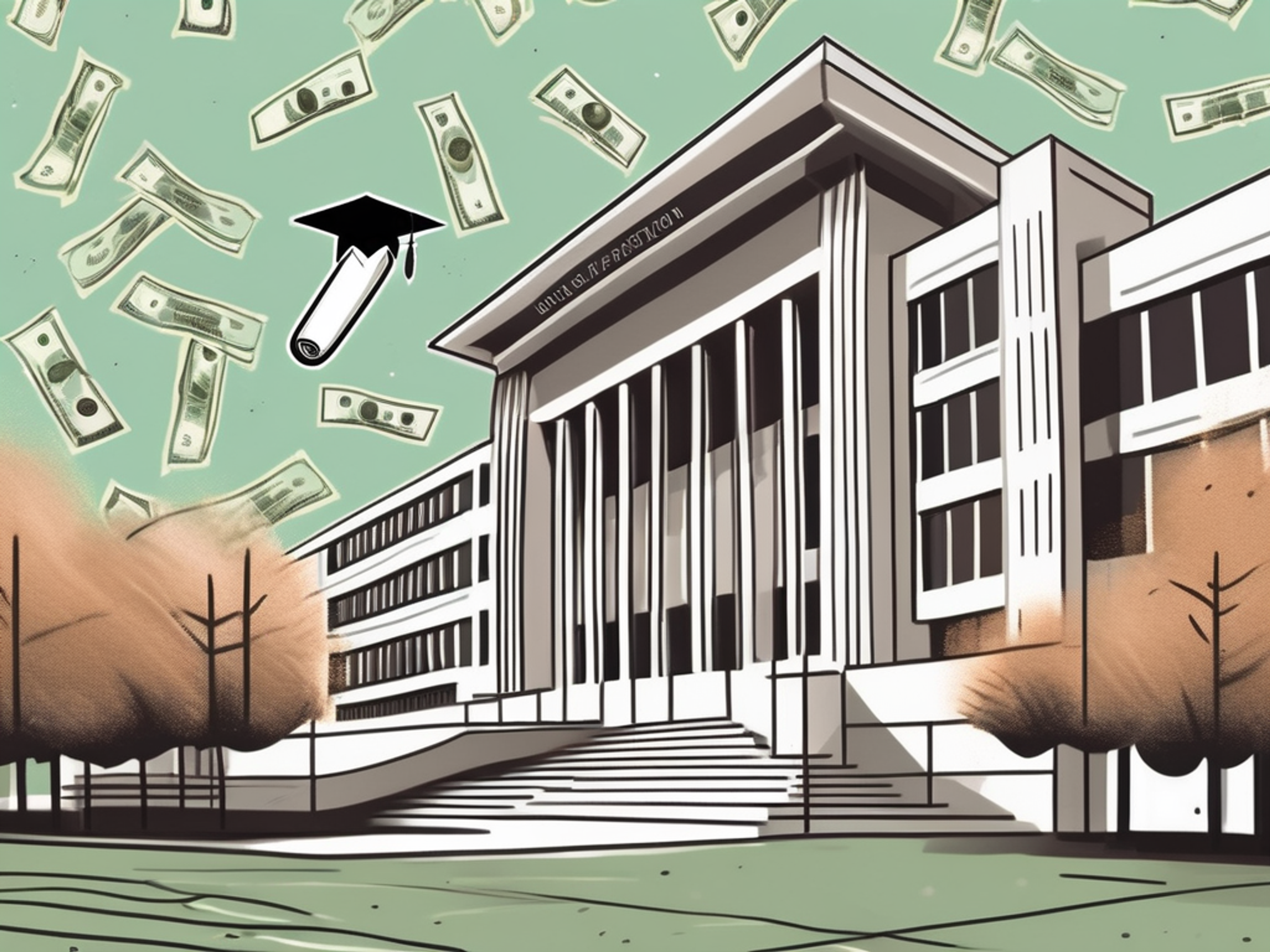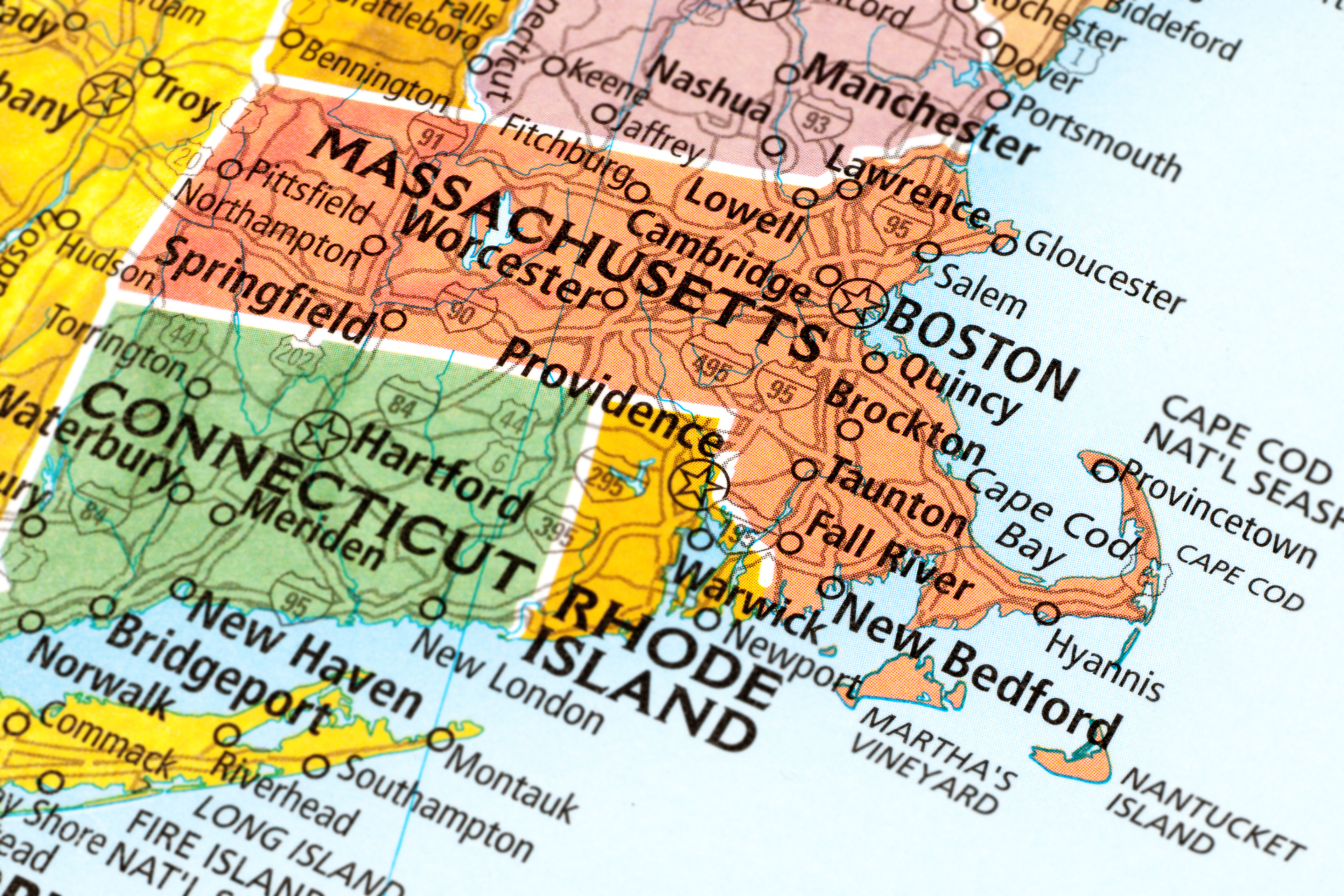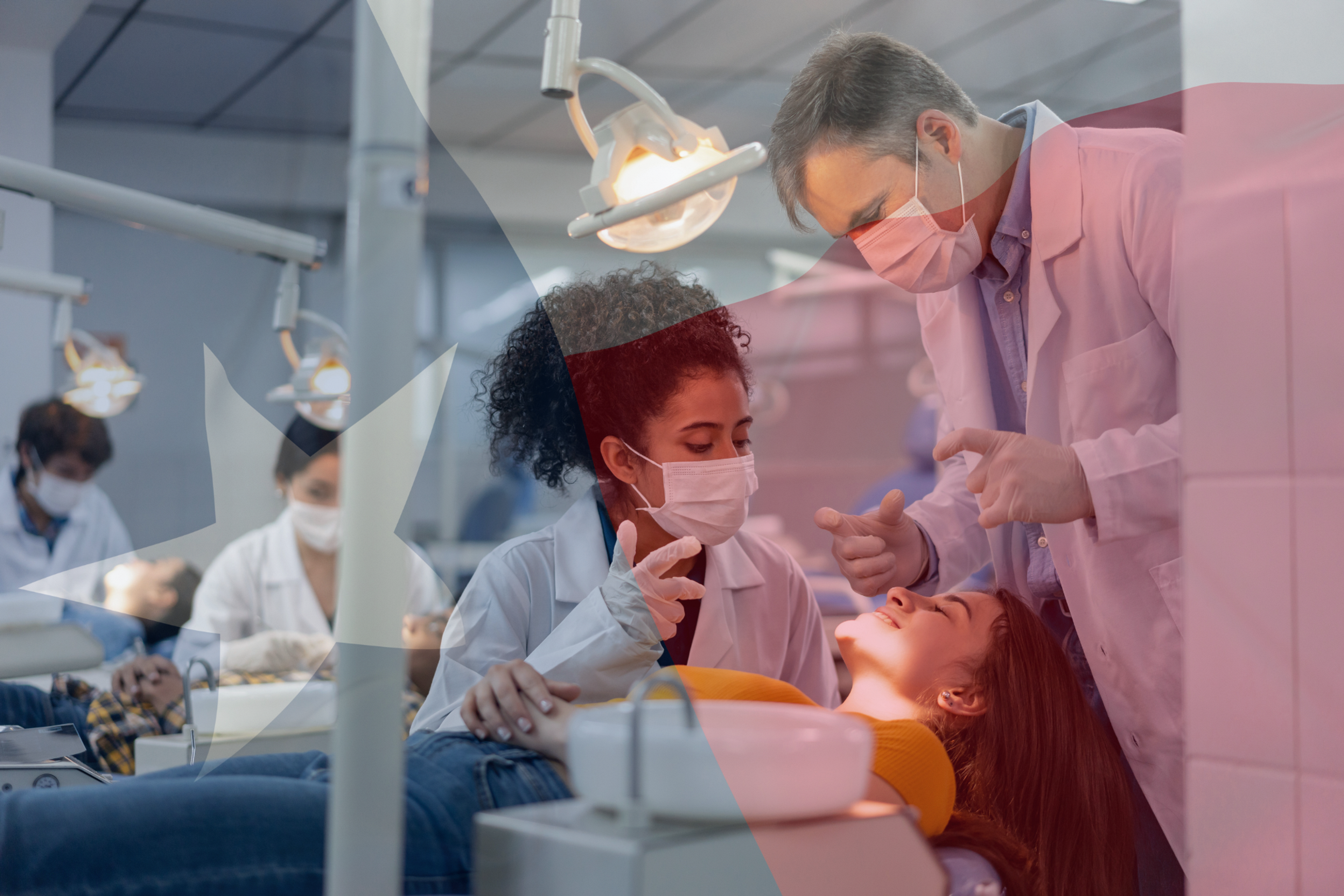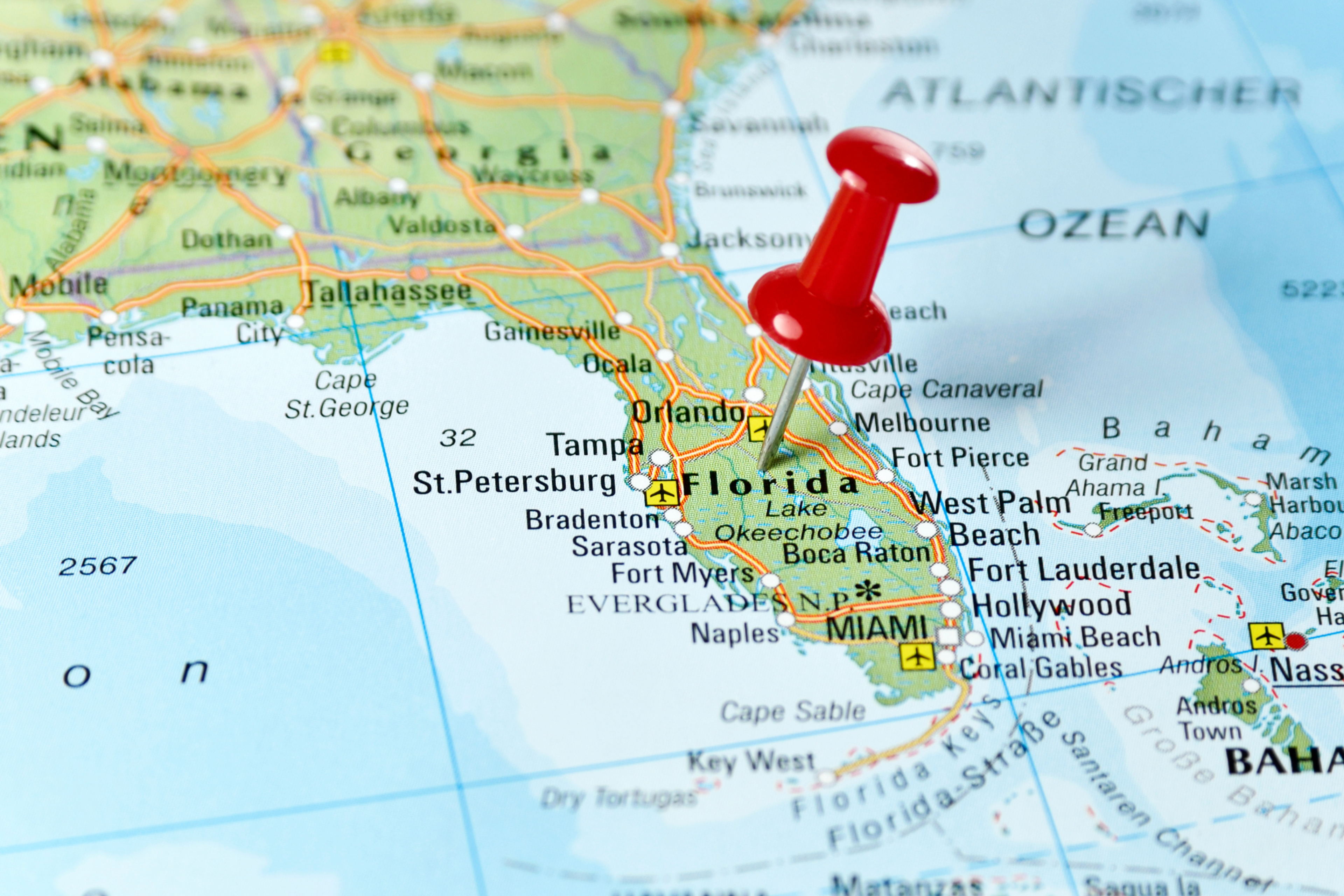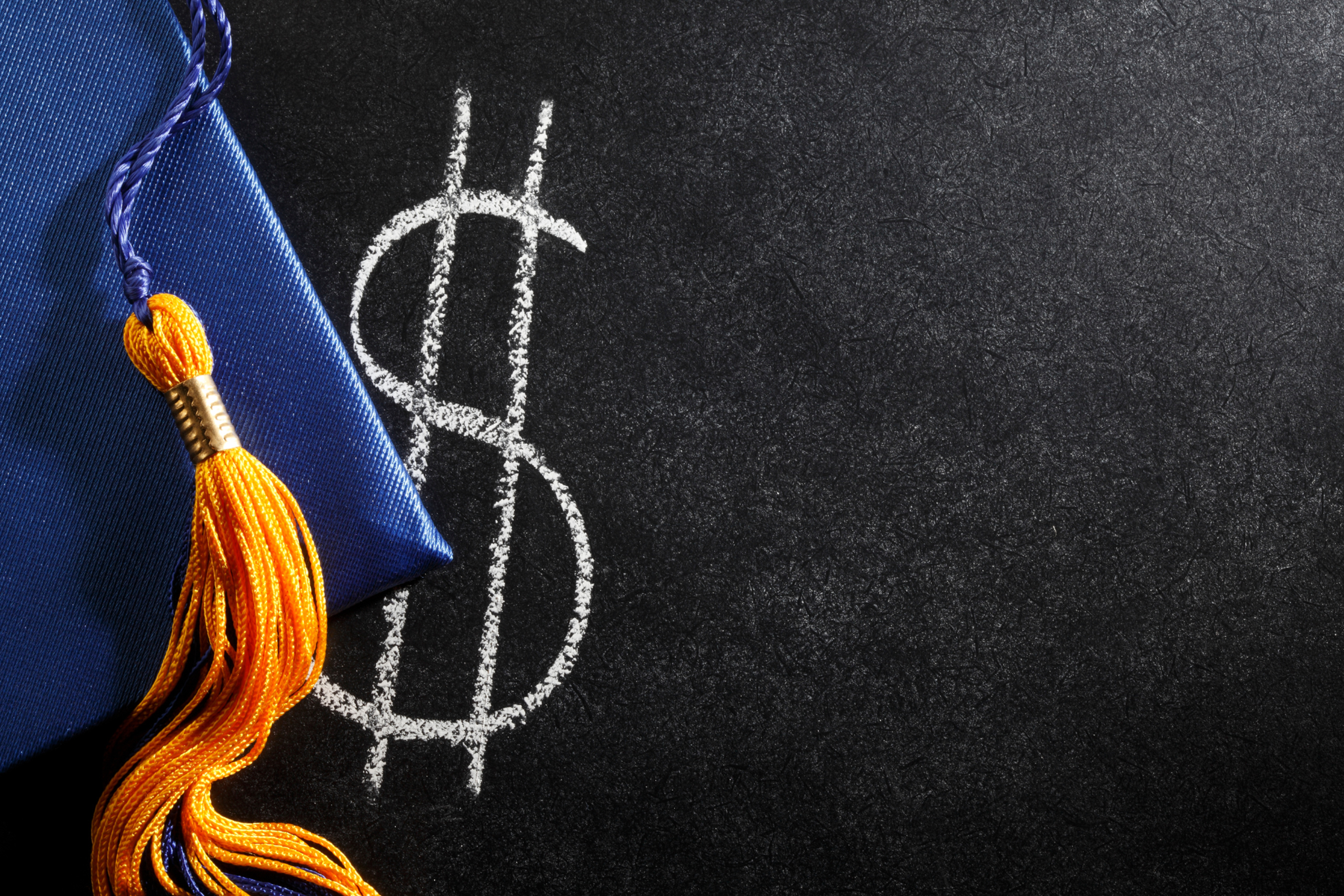UW Dental School: Tuition & Fees Breakdown
Discover the comprehensive breakdown of tuition and fees at the renowned University of Washington Dental School.
Posted June 13, 2025
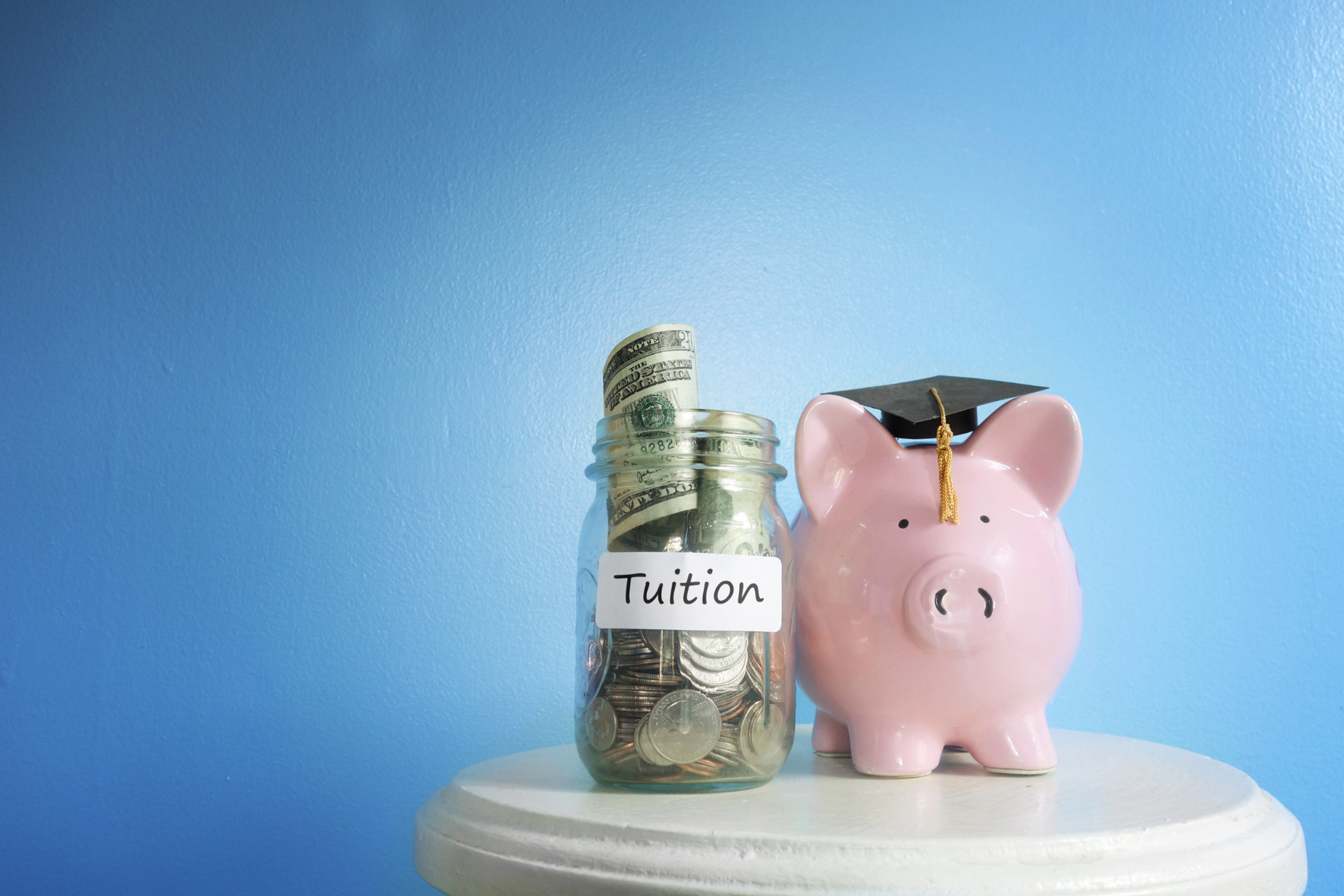
Join a free event
Learn from top coaches and industry experts in live, interactive sessions you can join for free.
Table of Contents
The University of Washington (UW) Dental School is renowned for its exceptional dental education programs. However, pursuing a degree in this prestigious institution involves a significant financial commitment. This article provides a comprehensive breakdown of the tuition and fees at the UW Dental School.
Tuition and Fees
The tuition and UW fees are the primary costs that students need to cover when attending the UW Dental School. The fees are subject to change annually, and it varies depending on the student's residency status and the program they are enrolled in.
For instance, residents of Washington State typically pay less than non-residents. This is because the state government subsidizes the education of its residents. The exact amount of the tuition fee for residents and non-residents can be found on the official UW Dental School website.
It's also worth noting that different programs at the UW Dental School have different tuition fees. For example, the Doctor of Dental Surgery (DDS) program may have a different fee structure compared to the Bachelor of Science in Dental Hygiene program. Therefore, students should check the specific tuition fee for their chosen program.
Breakdown of Tuition and UW Fees for Resident Students
- 1st Year: $56,530 (11 months)
- 2nd Year: $65,320 (12 months)
- 3rd Year: $65,308 (12 months)
- 4th Year: $60,456 (12 months)
Breakdown of Tuition and UW Fees for Non-Resident Students
- 1st Year: $84,926 (11 months)
- 2nd Year: $98,135 (12 months)
- 3rd Year: $98,135 (12 months)
- 4th Year: $98,135 (12 months)
Additional Fees
Besides the tuition fee, there are several additional fees that students need to pay. These fees cover various services and facilities provided by the university.
One of these fees is the required equipment fee, which covers the cost of maintaining and improving the university's technological infrastructure. Other additional fees included in the projected total costs are books allowance, transportation allowance, and personal expenses.
Breakdown of Additional Fees for 1st Year Students
- Required Equipment and Fees: $8,856
- Required U-Pass: $368
- Books Allowance: $3,080
- Room and Board Allowance: $25,960
- Transportation Allowance: $1,841
- Personal Expenses Allowance: $2,922
See the full breakdown here.
While these additional fees are the same for resident and non-resident students, keep in mind that these fees vary from 1st year to 4th year program.
Health Insurance Fee
UW Dental School also requires students to have health insurance. The required health fee for 2023-2024 academic year starts at $124. Students can either provide proof of their own health insurance or enroll in the university's student health insurance plan. If students choose the latter, they will need to pay the health insurance fee.
The health insurance fee covers a wide range of health services, including primary care, mental health services, and emergency care. The exact cost of the health insurance fee varies each year, so students should check the current rate on the university's website.
Financial Aid
Understanding the cost of attending the UW Dental School is crucial, but it's equally important to know about the financial aid optionsavailable to help cover these costs.
The university offers a variety of financial aid options, including scholarships, grants, work-study programs, and loans. These financial aid options can significantly reduce the financial burden on students and their families.
Scholarships and grants are particularly beneficial because they do not need to be repaid. The university offers several scholarships and grants based on academic achievement, financial need, and other criteria. Students are encouraged to apply for as many scholarships and grants as they are eligible for.
Work-Study Programs
Work-study programs are another great way to help cover the cost of tuition and fees. These programs allow students to work part-time on campus or in community service jobs. In return, students receive a paycheck that they can use to help pay for their education.
Work-study programs not only provide financial assistance, but they also offer valuable work experience. This can be particularly beneficial for students who want to gain practical experience in their field of study.
Loans
Loans are another form of financial aid. However, unlike scholarships, grants, and work-study programs, loans need to be repaid with interest. Therefore, students should consider loans as a last resort and only borrow what they need.
The university offers several loan options, including federal student loans, private loans, and emergency short-term loans. Each of these loan options has its own eligibility criteria, interest rates, and repayment terms. Therefore, students should carefully review the terms and conditions of each loan option before making a decision.
Browse hundreds of expert coaches
Leland coaches have helped thousands of people achieve their goals. A dedicated mentor can make all the difference.
